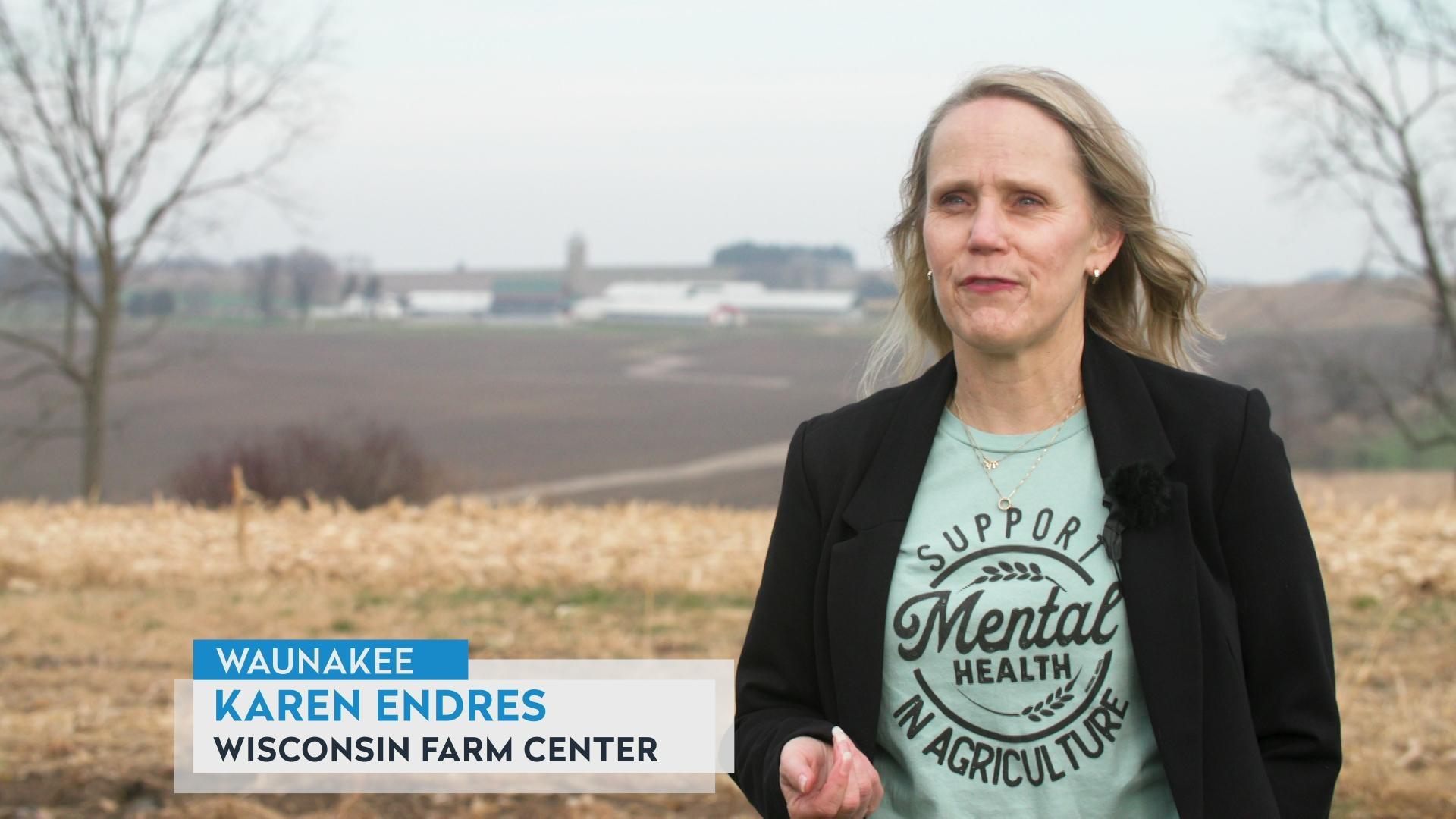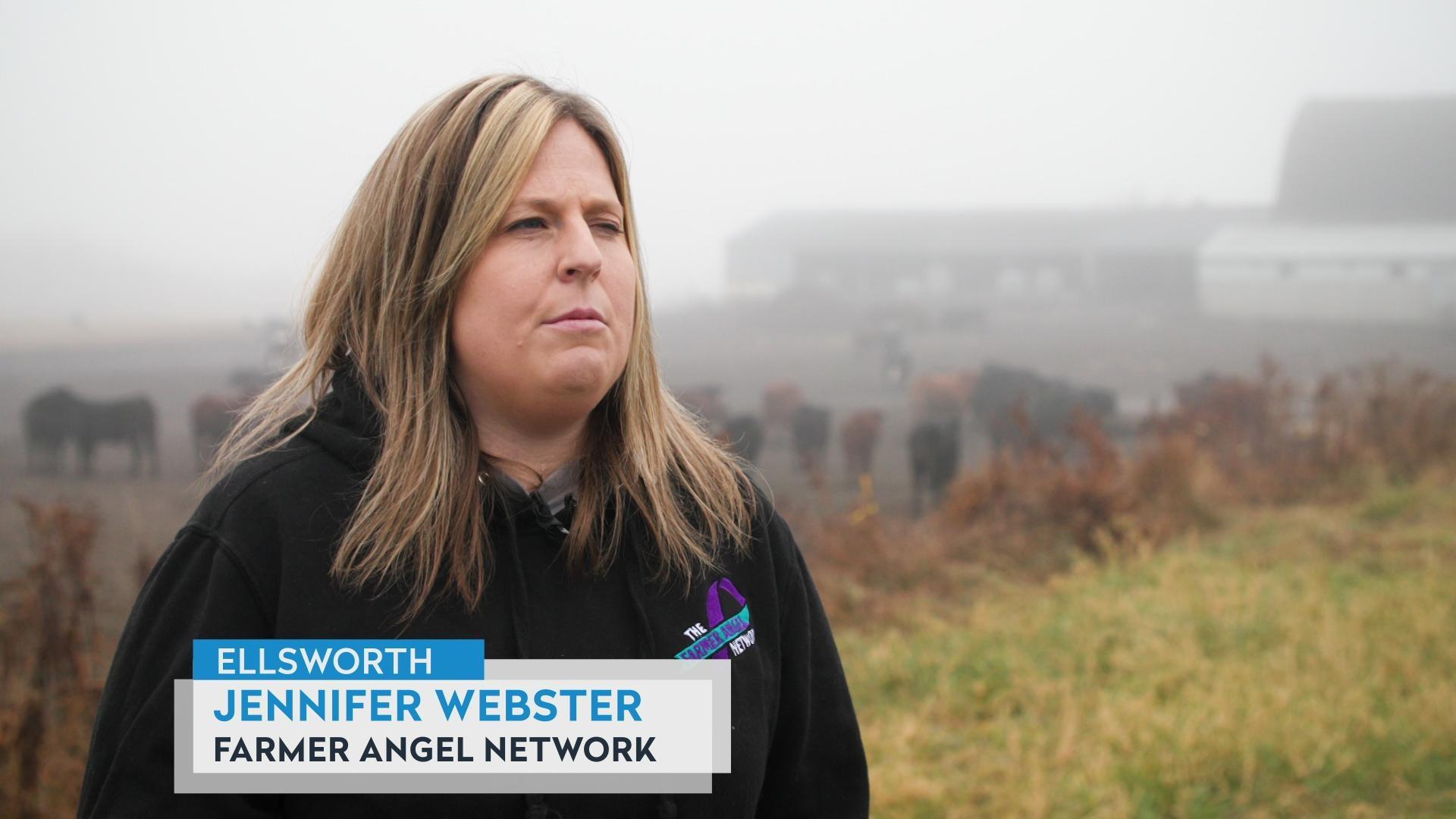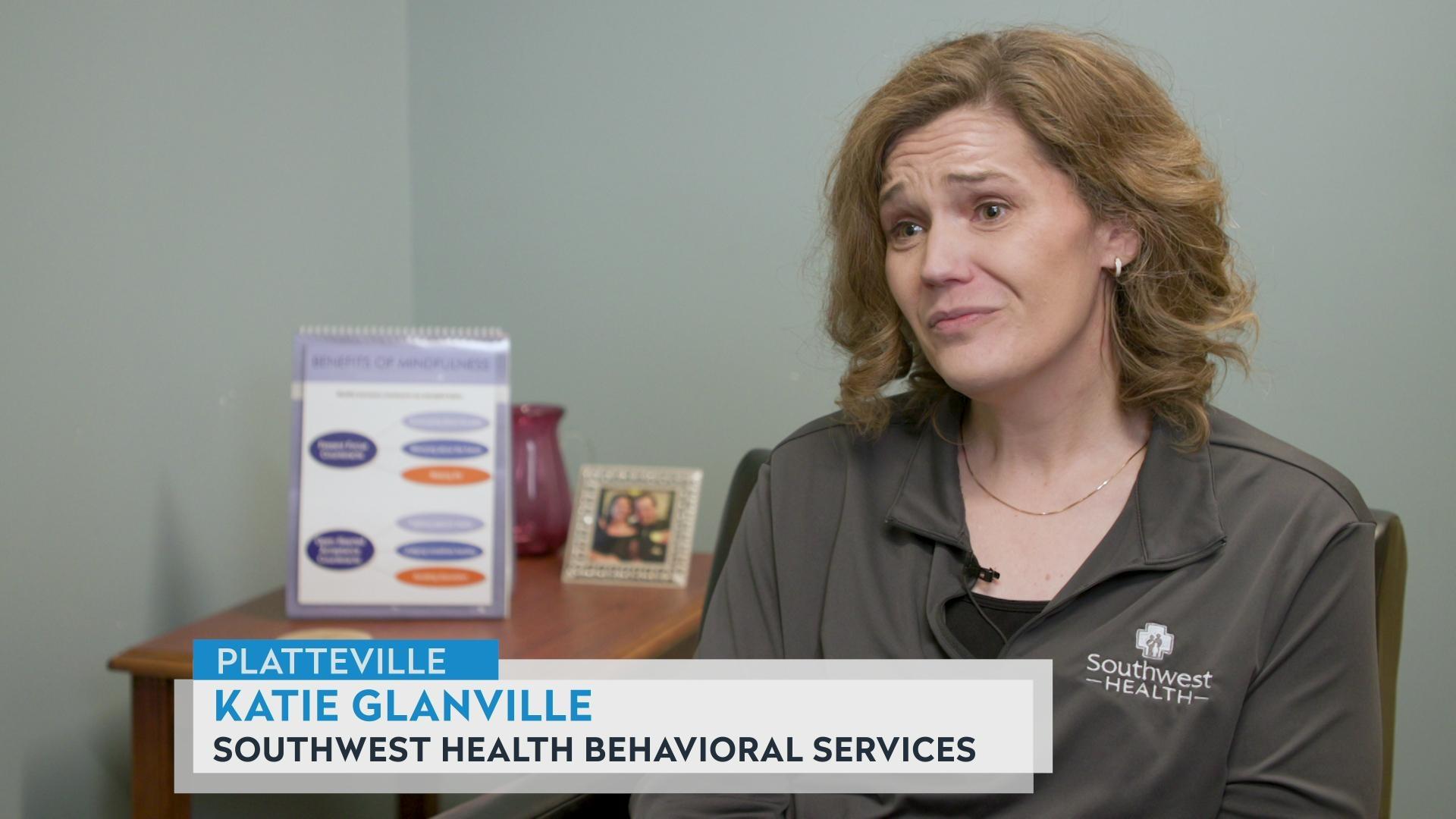Frederica Freyberg:
As the state budget is being hammered out, another area of need has to do with childcare, because across Wisconsin, parents are struggling to afford childcare with the average cost of infant care topping $12,000 a year. At the same time, childcare providers are struggling to keep their doors open due to a shortage of staff, because retaining early learning teachers with more pay only makes the care more expensive for already strapped parents. What a mess, and one that impacts our economy already short on workers. The business model of childcare is broken. That’s according to our next guest, Renee Ernsting, director of the Childcare Partnership Program which represents counties in western Wisconsin. Renee, thanks very much for being here.
Renee Ernsting:
Thank you.
Frederica Freyberg:
How critical is the shortage of childcare teachers in western Wisconsin?
Renee Ernsting:
It is incredibly — I’ve never seen it quite as bad as it is. I’ve worked in childcare in this agency for 20 years, and we regularly report — we do surveys and report that data on what we’re seeing in the area and last December, we did a capacity survey. And we had people that were hiring in the past 12 months had hired 600 times, yet they still had 300 teaching positions open, and it’s just so incredibly difficult to fill these positions, the low wages, the no benefits, those kind of problems. We just can’t keep a teacher in some of these classrooms and that leads us to the childcare deserts that we’re seeing because we have enough buildings, perhaps, in western Wisconsin for childcare. We don’t have the teachers in those classrooms, and that’s the shortage that we’re seeing.
Frederica Freyberg:
So to that, the lack of teachers leaves mile-long kind of wait lists, I understand, for some parents seeking childcare. Is that the case there?
Renee Ernsting:
We have wait lists that start when you are just thinking about having a child. We’re recommending people start to call and get on wait lists before they’re even pregnant, and that’s something that’s really been happening probably for the past three years, almost, in our area. Right now, like I said, we surveyed back in December, and we had 4,000 children in our 10 counties on wait lists.
Frederica Freyberg:
Wow.
Renee Ernsting:
It’s just really a tough situation.
Frederica Freyberg:
You spoke — go ahead.
Renee Ernsting:
Go ahead.
Frederica Freyberg:
You spoke to the wages for childcare teachers. Across the state, the average is like $11 to $13 an hour, but meanwhile, providers don’t dare pay more because they would have to pass that along to the parents. Is that right?
Renee Ernsting:
That’s the exact issue with the broken business model. It’s already unaffordable for families and it’s just too difficult to raise rates because you know you’re not going to be able to keep — those families are not going to be able to sustain that kind of bill. Yeah. We have a program right now that we’re helping people that have fallen behind. We could have given out over $97,000 in a very short period of time. We had so many people applying for that kind of assistance.
Frederica Freyberg:
Meanwhile in May, federal money that was credited with keeping some 3,000 childcare businesses open is being reduced. What then?
Renee Ernsting:
Well, we’re really concerned about that. We have people reporting that their prices for childcare will go up between 20% and 40%. I’m very concerned that parents will not be able to afford that. It will come down to, and what we’re hearing from a lot of families that we’re talking to, is that one of the people will not be working anymore, and we already have a workforce crisis in every other industry. I’m talking to employers on a regular basis in workforce development agencies and things like that, so that is a real wall to hit here in western Wisconsin, where we will just not have workers if moms or dads are staying home to care for children.
Frederica Freyberg:
Meanwhile, on the ground in daycare businesses, there’s kind of a major turnover of teachers all the time. Is that right?
Renee Ernsting:
That is the situation and that is the other piece of this that’s very scary to me as an early childhood professional. The amount of transitions that happen in children’s lives, that’s enough, just going to childcare and transitioning to kindergarten and those types of things. We don’t need transitions of teachers on a daily, weekly, monthly basis. That is so hard on the child, and so hard on the family. So we’re very concerned about the mental health ramifications of all of these transitions.
Frederica Freyberg:
Another thing of interest that I’ve learned while looking at this issue was that 4K opportunities in public schools really ended up being injurious to the preschool population and those businesses. How so?
Renee Ernsting:
Right and I hate to say that because I’m a supporter of 4K, but what really happened prior to the pandemic when 4K really started to open up in all of the communities, those 4K families then go to the school district instead of going to childcare, and that’s that business model that’s broken, unfortunately, because you’re not making any money with infant and toddler care. The ratios, which I don’t want changed, are 4:1. And so four infants to one adult. So you’re sustaining your business but you’re not making any money. You’re really looking at the amount of money that’s coming in on four-year-olds or three or four-year-olds because you can have over 20 of them per teacher. And so that’s really the situation, is that it was kind of an unintended consequence, in my opinion.
Frederica Freyberg:
So the state is launching a grant program that partners with businesses whose employees need childcare. How important is that as some kind of a fix here?
Renee Ernsting:
I feel that it’s incredibly important, and it’s based on not just helping the family and helping the employer get the employee to be able to stay and retain them and be productive. That’s the first piece of it. But the other piece of it is that program, it’s called Partner Up, and it pays what’s called the true cost of care instead of market rate. So you mentioned market rate earlier as about a thousand dollars a month for an infant. True cost of care is closer to $1,800 in my area. And so the Partner Up program puts the business buying the slot and then some grant money together along with, in this new round of Partner Up, some of the family paying for the care and the three of them then can afford the cost of care instead of the market rate.
Frederica Freyberg:
Meanwhile, with about half a minute left, what message do you have for state budget writers when it comes to helping the childcare crisis in Wisconsin?
Renee Ernsting:
I think that I’d like to say that this market is not going to fix itself. It is not one of those markets where we can just charge more. And so really looking at some sustainable help that will really help not just the economy in the sense of the childcare businesses, but the actual businesses out there that are just trying to retain and attract new workers. And so, please, look into the Partner Up program and the funding, increased funding would be super support to western Wisconsin.
Frederica Freyberg:
All right. Renee Ernsting, thanks very much.
Renee Ernsting:
Thank you.
Search Episodes
News Stories from PBS Wisconsin

Donate to sign up. Activate and sign in to Passport. It's that easy to help PBS Wisconsin serve your community through media that educates, inspires, and entertains.
Make your membership gift today
Only for new users: Activate Passport using your code or email address
Already a member?
Look up my account
Need some help? Go to FAQ or visit PBS Passport Help
Need help accessing PBS Wisconsin anywhere?

Online Access | Platform & Device Access | Cable or Satellite Access | Over-The-Air Access
Visit Access Guide
Need help accessing PBS Wisconsin anywhere?

Visit Our
Live TV Access Guide
Online AccessPlatform & Device Access
Cable or Satellite Access
Over-The-Air Access
Visit Access Guide
 Passport
Passport


















Follow Us